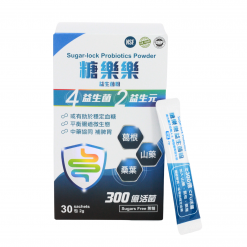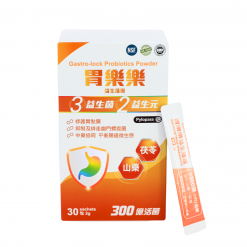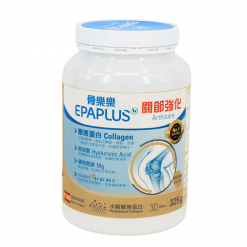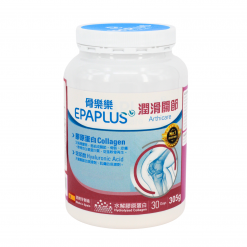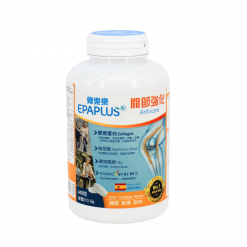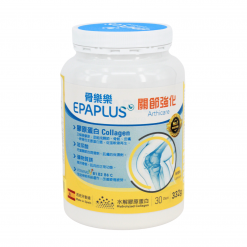The importance of collagen
Collagen is one of the most abundant proteins in the human body and is found in skin, bones, muscles, ligaments and other connective tissues. It has the important function of supporting tissues and increasing structural strength and elasticity. Collagen accounts for 25-35% of the total protein mass in mammals. Collagen is essential for maintaining the health of bones, ligaments, tendons, cartilage, blood vessels and artery walls, and also plays an important role in the health of corneas, gums, skin and scalp. Collagen plays an important role in promoting the movement function of the bone and joint system. Therefore, when we talk about “joint health”, the importance of collagen cannot be ignored.

Types of collagen
- Pigs: Pig collagen is relatively similar to humans. Animal meat, especially pig skin and cartilage, tripe and pig trotters, are rich in collagen.
- Marine animals: Collagen can be extracted from fish scales and bones. Although fish has a lower percentage of collagen than meat, fish scales and bones contain large amounts of this protein. However, marine collagen may cause allergic reactions in people with fish or shellfish allergies.
- Plants: The term “plant collagen” does not actually exist. Collagen is a structural protein unique to the animal kingdom and is incompatible with the biological functions of plants. Therefore, collagen cannot be extracted from plants.
Is hydrolyzed collagen better than collagen?
Hydrolyzed collagen is made by breaking down collagen into smaller fragments. These fragments are more easily absorbed and utilized by the body and therefore have better bioavailability. Here are some of the important roles of hydrolyzed collagen:
- Skin Health: Hydrolyzed collagen can promote skin elasticity and maintain skin moisture, helping to reduce wrinkles and dryness, promote wound healing and repair damaged tissue.
- Joint health: Hydrolyzed collagen can increase the elasticity and stability of joint cartilage and reduce joint pain and inflammation. It also provides essential nutritional support to aid in joint repair and regeneration.
- Bone Health: Hydrolyzed collagen provides the protein and minerals your bones need, helping to maintain bone strength and health. It reduces the risk of osteoporosis and fractures.
- Muscle recovery: Hydrolyzed collagen can provide the amino acids needed for muscle repair and regeneration, helping to speed up muscle recovery and reduce muscle pain.
- Gut Health: Hydrolyzed Collagen contains the amino acid proline, which supports intestinal health and promotes proper intestinal structure and function.
Overall, hydrolyzed collagen is important for skin, joint, bone, muscle, and gut health. It can be used as a supplement or as an ingredient in food to support the normal function and repair process of these tissues.

When is it necessary to supplement hydrolyzed collagen?
✓Age: As we age, the production of collagen in the body gradually decreases.
✓Skin problems: such as dry skin, increased wrinkles, reduced elasticity, etc.
✓Joint problems: Problems such as joint pain, joint inflammation or joint degeneration.
✓Sports Recovery: After high-intensity exercise or injury.
✓Gut health: such as indigestion, intestinal allergies or damage to the intestinal structure.


 中文 (中国)
中文 (中国) 中文 (香港)
中文 (香港)